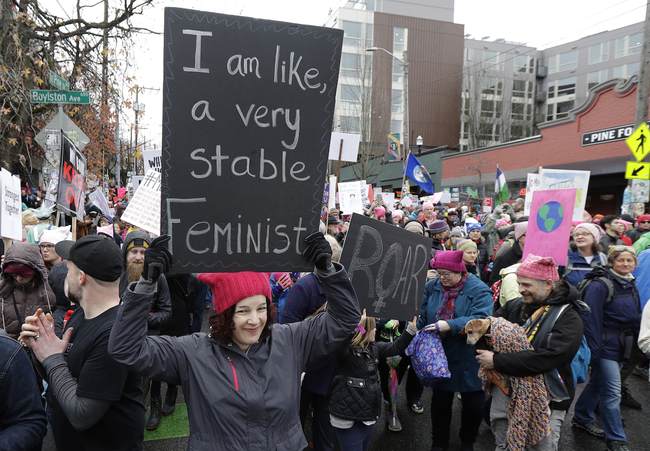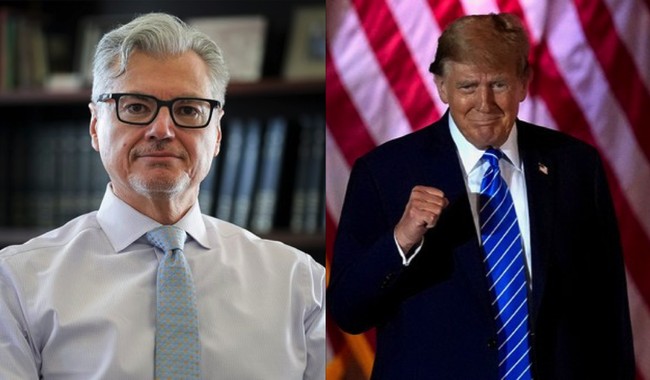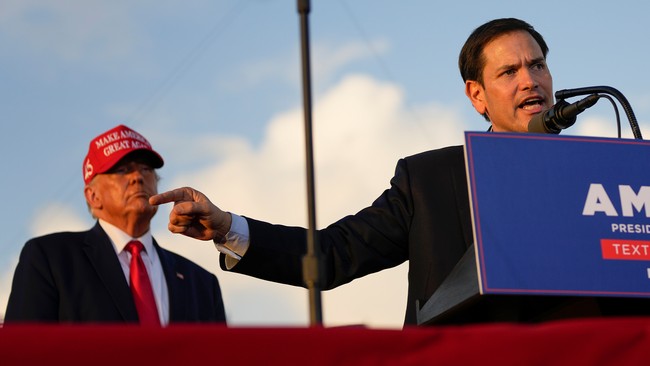4B Movement: A New Wave of Feminist Protest
Explore the origins and spread of the 4B feminist movement, initially from South Korea, and its recent impact in America amidst political tensions and evolving gender discussions.
Published November 10, 2024 - 00:11am

Image recovered from redstate.com
The 4B movement, a feminist initiative that began in South Korea, has gained renewed attention globally, especially in the wake of Donald Trump's re-election. Known for its radical stance against traditional gender roles, the movement encourages women to reject marriage, childbirth, dating, and sexual relationships with men. This approach aims to address deep-seated gender inequalities and social norms perceived as patriarchal impositions.
Originating in response to systemic misogyny and gender-based violence, including high-profile incidents like the murder of a young woman in Seoul in 2016, the 4B movement has gradually become a platform for women advocating for gender equality. It blossomed during the era of the #MeToo movement, finding a significant audience on digital platforms such as TikTok and Instagram.
In recent times, the movement has crossed international borders, finding resonance among American women who feel disenfranchised by political developments. Trump's re-election has reinvigorated fears concerning reproductive rights and women's freedoms, compelling many to align with this movement. The American interpretation has adopted a form of protest analogous to a modern sex strike, drawing parallels with Aristophanes' ancient Greek comedy, Lysistrata.
Globally, the 4B movement challenges pervasive societal and cultural expectations, manifesting as a boycott of patriarchal structures. Prominent South Korean feminists cite issues such as wage inequality and gender-based discrimination as central concerns. Despite these challenges, the movement has highlighted the cultural rift in South Korea, where President Yoon Suk Yeol's policies and public statements often clash with feminist ideals, like the assertion that feminism is responsible for the country's low birthrate.
Social media has played a crucial role in the movement's proliferation, turning personal acts such as cutting hair and adopting androgynous appearances into symbols of defiance against gender norms. This digital rally has inspired many women to engage in discussions on emotional labor and economic independence, further broadening the movement's original scope.
Within the United States, the 4B movement has found advocates motivated by what they view as assaults on reproductive rights and an increasing political landscape hostile to women's issues. Women like Aleisa Mora and Marykate Cecilia express their dedication to this cause through TikTok, asserting the necessity of such movements for preserving women's autonomy against political and social regressions.
However, the movement is not without its critics. Some argue that its exclusionary aspects, particularly towards married women or those unwilling to entirely divorce themselves from traditional roles, diminish its efficacy. Critics also highlight cultural differences that might hinder the movement's direct application in contexts outside of South Korea.
The 4B movement's continued evolution reflects broader societal tensions and the ongoing struggle for gender equality. Whether through social media advocacy or personal lifestyle changes, it represents a quest for recognition and autonomy in the face of systemic oppression.







